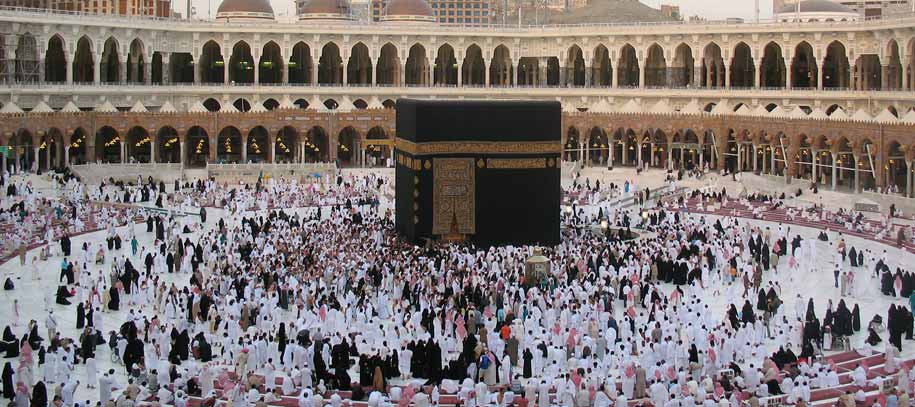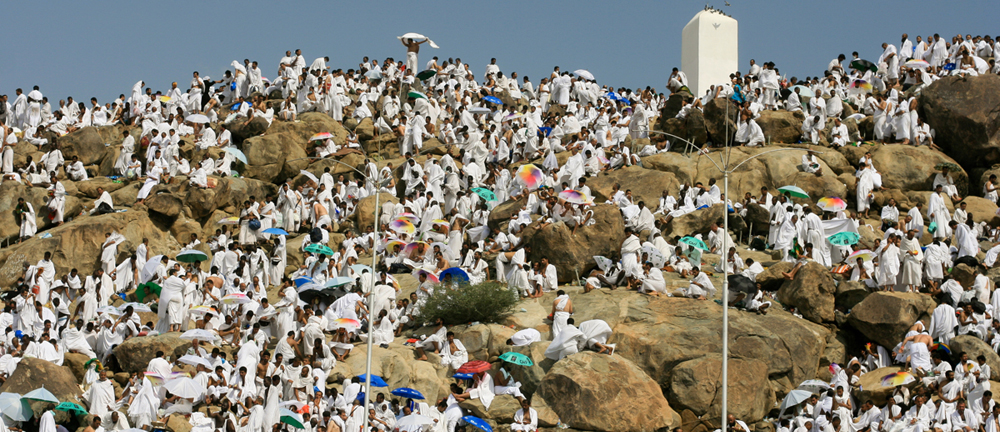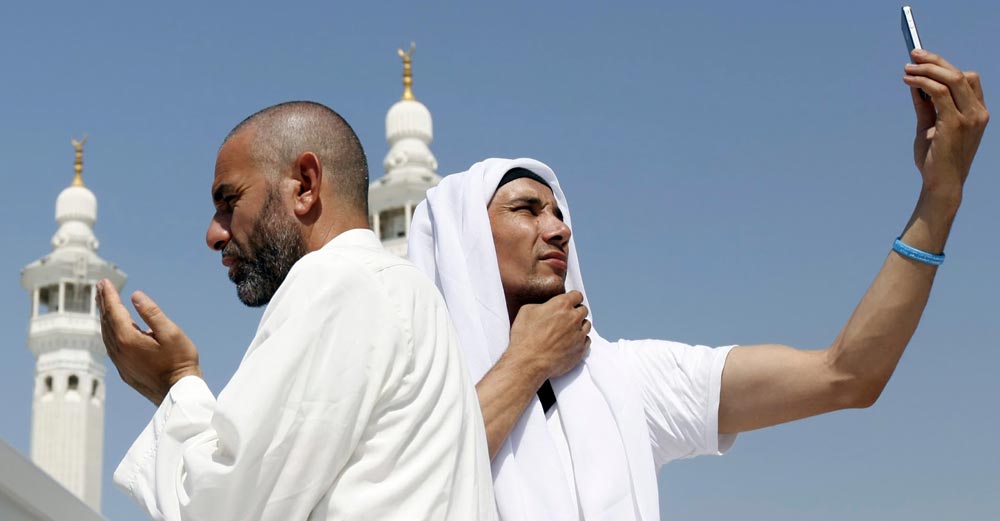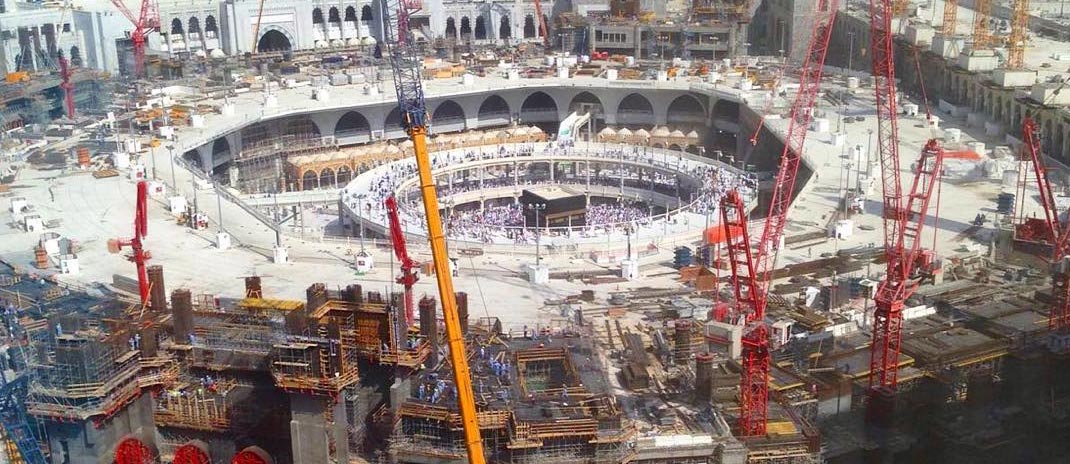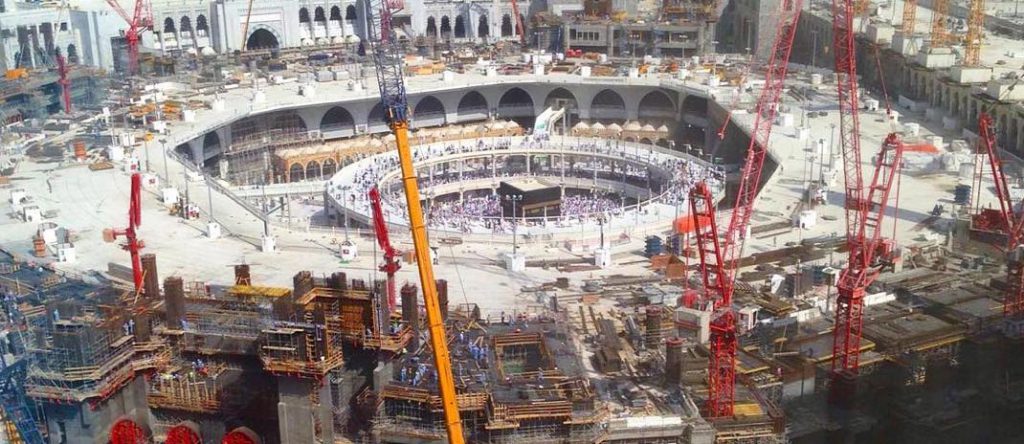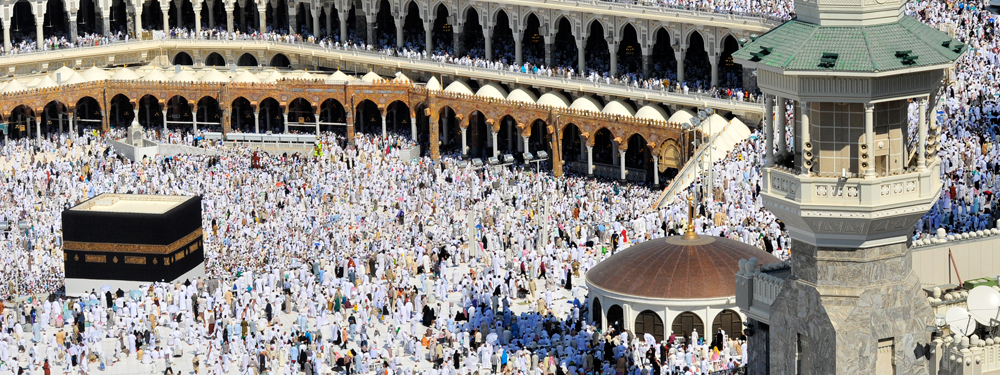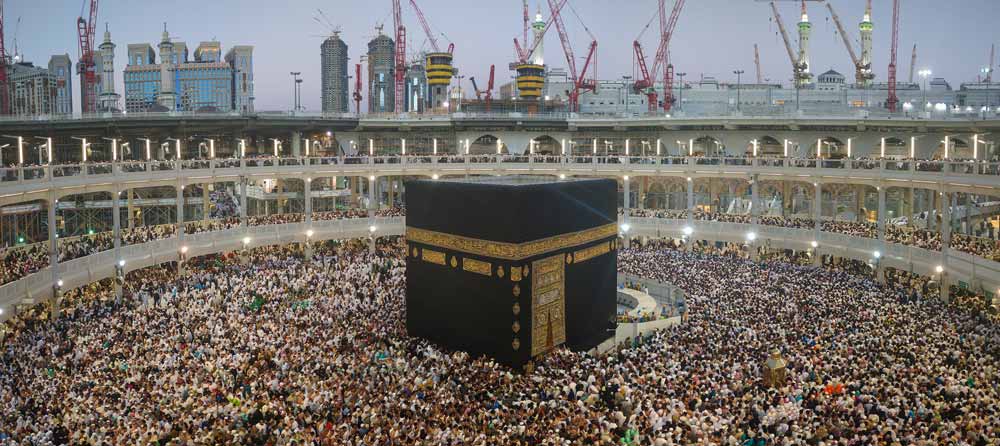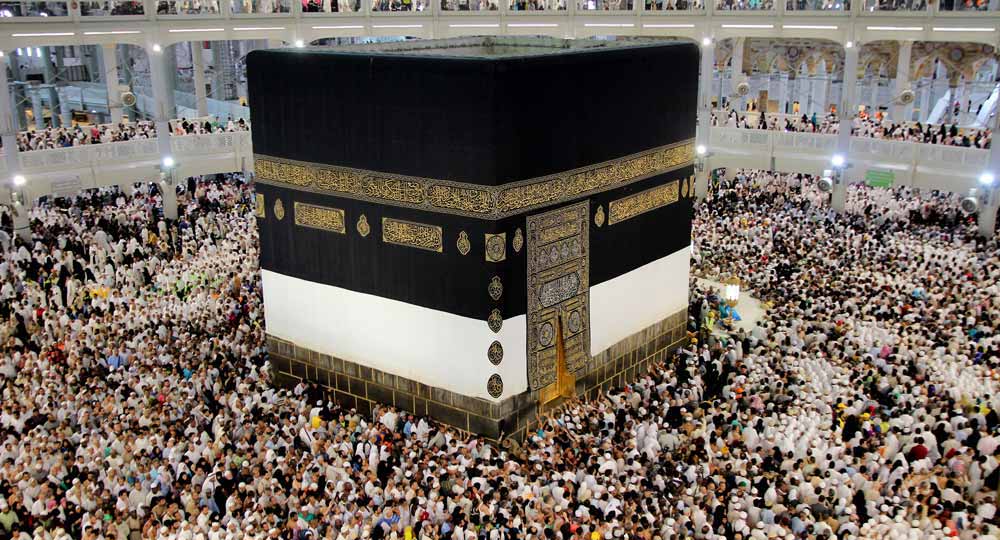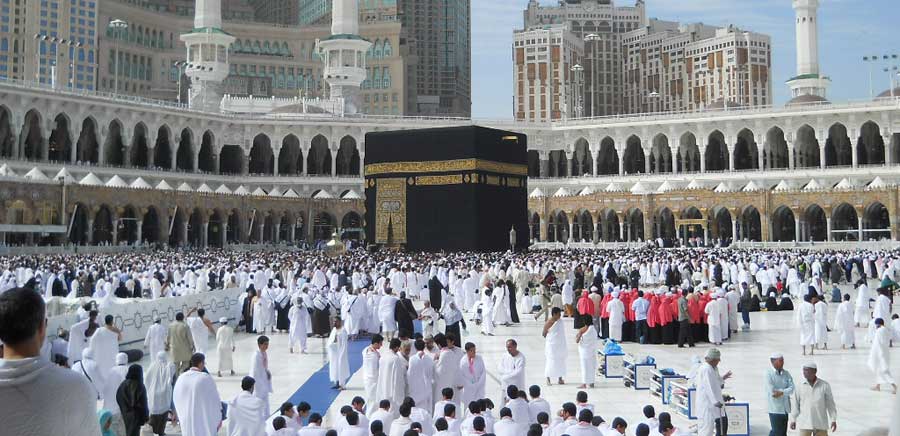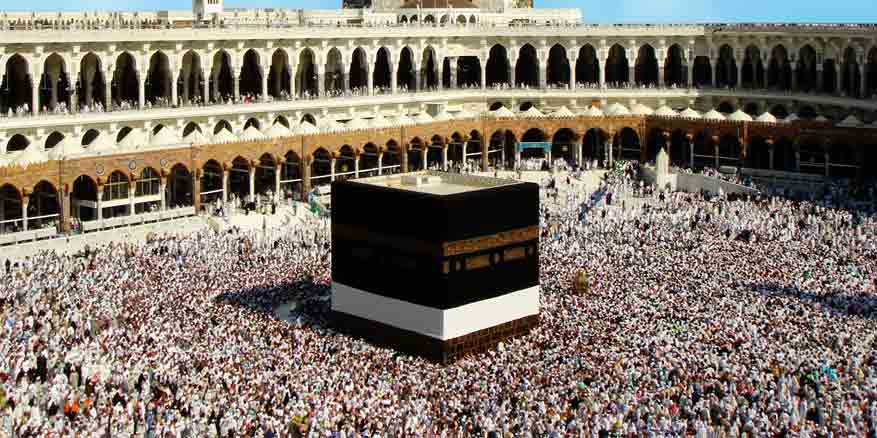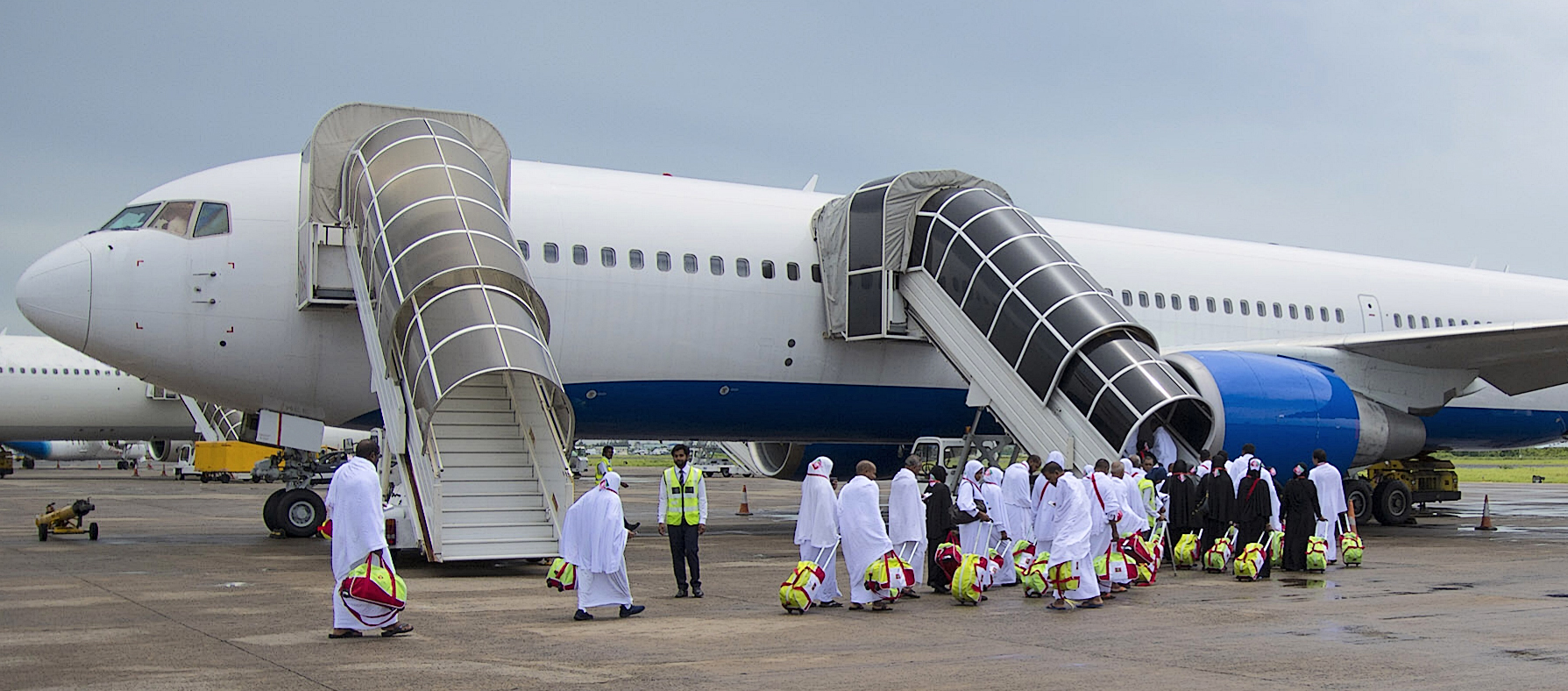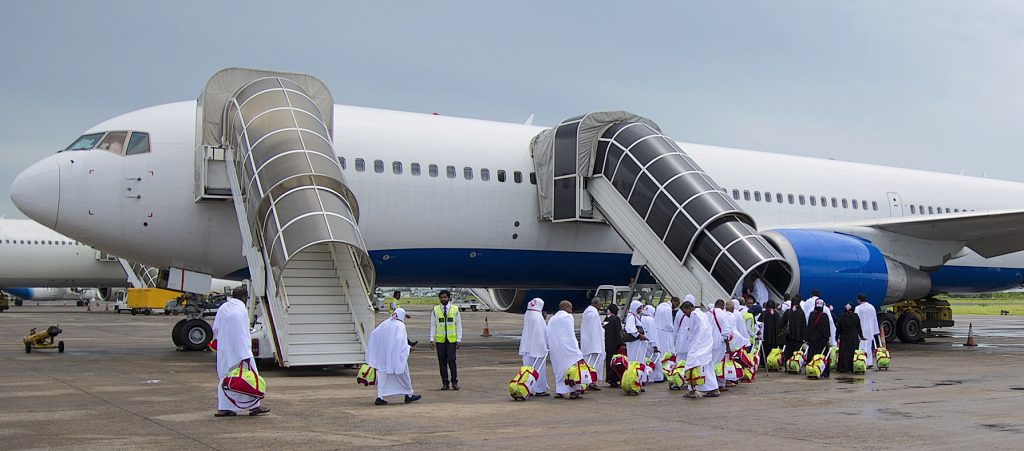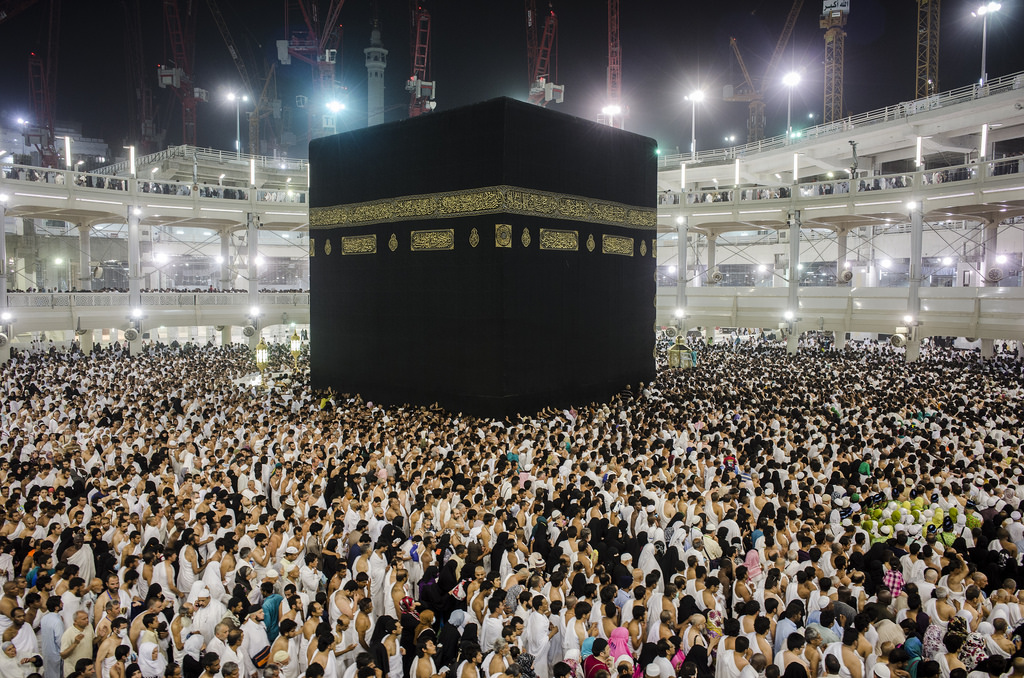Gaining True Benefit from Hajj
Acts of worship in Islam are rites performed by the Muslim that are ordained upon him by his Lord, to which he has to submit and comply with in order to obey the commands of Allaah The Almighty and show servitude to Him. Besides, they bear a lot of meanings, establish good morals and produce numerous social benefits that bring about a great deal of good to the Muslim individual and society.
Hajj, economically speaking, is a season of trade, and at the same time, according to the Sharee‘ah (Islamic legislation), a season of worship. It is an obligatory duty in which the affairs of both the World and the Hereafter meet together, and so does the past and present heritage of creed. Traders and merchants find in the season of Hajj a brisk market, where fruits of all kinds are brought to the sacred places from the different ends of the earth; and pilgrims come from every distant pass and city, bringing with them the bounty of their own countries that has been bestowed in the different parts of earth. All of these gather together in the sacred places at the same time. It is thus a season of trade, an exhibition of products and a veritable global market that is held annually. Moreover, it is a season of worship, where souls are purified, while feeling their closeness to Allaah The Almighty in His sacred House.
Of course, the tangible benefit of this would be evident and bear fruit when the Islamic countries attain a greater level of distinction and productivity, which allows for the exchange of Islamic commodities and artifacts.
These benefits would empower the Islamic economy globally, enabling the pilgrims to become intermediaries or peddlers of the commodities from the East and the West.
At that point, Hajj would turn into a means of mutual recognition and consultation, strategization of plans, unification of forces, exchange of commodities, benefits, sciences resulting in an authentic Islamic experience.
This is confirmed by the notion that Hajj is not only a spontaneous journey on which the Muslim utilizes his time, effort and property; rather it is a journey in which the glory of brotherhood and moral, social, economic and political benefits seems evident.
Those are the great objectives of Hajj. It entails compliance with the injunctions of Sharee‘ah (Islamic legislation); a boost to faith, an educational provision and an opportunity for exchanging benefits.
The wisdom behind Hajj
No doubt, by virtue of His wisdom and greatness, Allaah the Almighty has chosen that good and pure place in Makkah to honor it with a privilege that is unique to it apart from any other place in the world from the time of the mankind was created. In other words, He favored it to be a place for His sacred House and a destination of meeting and gathering of all Muslims from all parts of the world, from among those upon whom Allaah grants the favor of capability, that enables them to answer the call of Allaah The Almighty,by virtue of which they direct themselves to that ancient House.
In confirmation of this, Allaah The Almighty Says (what means): {Indeed, the first House [of worship] established for mankind was that at Makkah — blessed and guidance for the worlds. In it are clear signs [such as] the standing place of Ibraaheem (Abraham). And whoever enters it shall be safe. And [due] to Allaah from the people is a pilgrimage to the House – for whoever is able to find thereto a way. But whoever disbelieves – then indeed, Allaah Is free from need of the worlds.} [Quran 3:96-97]
When we read that wise saying (which means): {Indeed, the first House [of worship] established for mankind} we rest assured of the reliability of the statement that the angels of (Allaah) The Most Merciful were the first to build that House, for the word ‘mankind’ is given to Aadam may Allaah exalt his mention and his offspring, and this means that this ancient House was established before, or, at least, synchronous to the first of people on earth, i.e. Aadam may Allaah exalt his mention.
In another interpretation, it was said that this verse was revealed by Allaah The Almighty as a reply to the Jews when they claimed that Bayt Al-Maqdis is better and greater than the Ka‘bah, for it is in the holy land, where the Prophets, may Allaah exalt their mention, descended. By that verse, Allaah The Almighty showed the status of the Sacred House in Makkah, bringing to mind that this was the first house to be established for mankind, and the most honored place for worship: {…and a guidance for the worlds.}
We have a wide range of Spiritual Journey Packages from UK are give below:
Umrah Packages | Hajj Packages | Ramadan Umrah Packages | December Umrah Packages
Article by: www.islamweb.net
